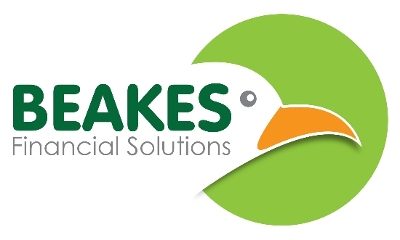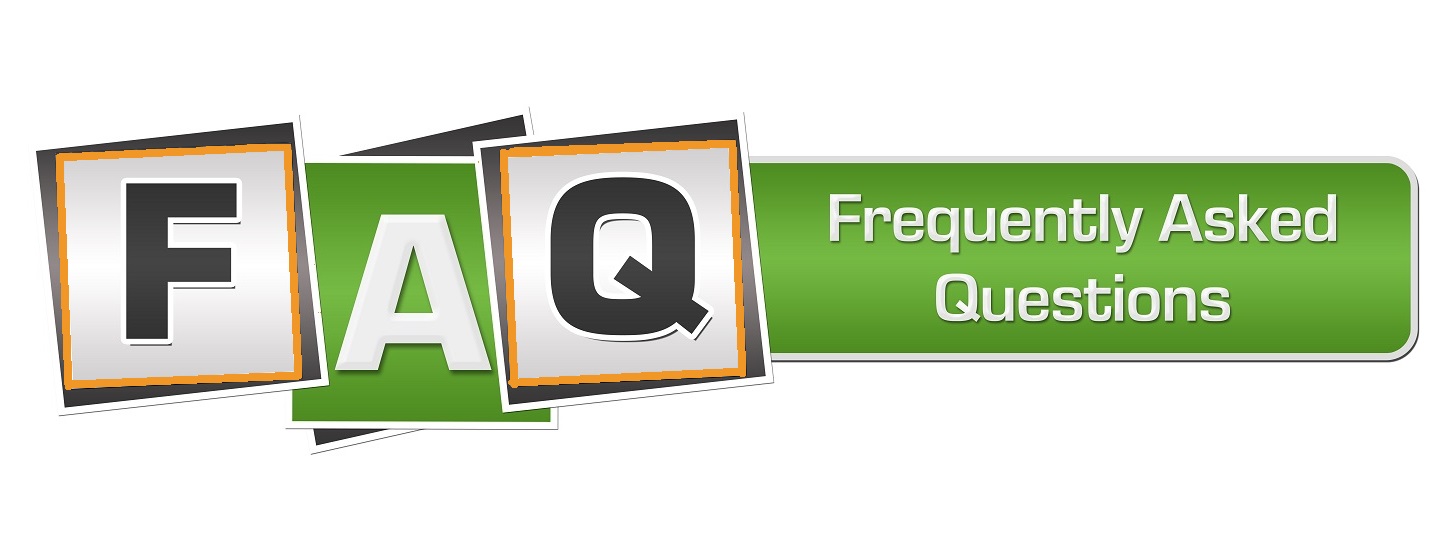How much can I borrow?
Lenders make a very detailed affordability assessment when calculating how much they will lend you. Your total income, minus credit and living expenses are used to calculate disposable income and affordability. This affordability will be stress tested against potentially higher interest rates than today. All lenders work this way and have slightly different methods of calculating affordability against your disposable income, and so the results from one lender to the next will be quite varied.
Often, if you have minimal outgoings and in times of low rates, lenders will cap their maximum lend at a certain number of times your gross income. This is often referred to as an income multiplier, e.g., 4.5 times your income. We will ask you to complete a budget planner form early in the advice process, so that we can collect the relevant information needed to assess affordability. We will then use this information against every lender’s affordability calculator to determine how much each can lend.
What is the mortgage application process?
Once we have found a suitable mortgage for you, we will help you to complete the application form. This will include providing information about your income, outgoings, and property. We will also need to obtain a copy of your passport or driving licence and proof of address.
Once your application is complete, it will be submitted to the lender for approval. This usually takes a few days, but can sometimes take longer. If your application is approved, the lender will send you a mortgage offer. This will include the amount of the mortgage, the interest rate, and the repayment terms.
How do I repay my mortgage?
There are two main ways to repay your mortgage:
- Capital & Interest: This is the most common type of repayment. Your monthly payment will be made up of both capital and interest. The capital is the amount you owe on your mortgage, and the interest is the cost of borrowing the money.
- Interest only: With an interest only mortgage, you only pay interest each month. The capital is not repaid until the end of the mortgage term. This can be a good option if you do not have enough money to make regular repayments.
What are The different types of interest rates?
There are two main types of interest rates:
- Fixed rate: With a fixed rate mortgage, the interest rate will stay the same for the entire term of the mortgage. This can give you peace of mind, as you will know exactly how much your monthly repayments will be.
- Variable rate: With a variable rate mortgage, the interest rate can go up or down over the term of the mortgage. This means that your monthly repayments could also go up or down. However, if the interest rate goes down, you could save money on your mortgage.
Surveying and valuing your property
Before you can apply for a mortgage, you will need to have your property surveyed and valued. This will help the lender to assess the risk of lending you money. The survey will check the condition of your property, and the valuation will determine how much it is worth.
What insurance will I need?
There are a few different types of insurance that you may need when you take out a mortgage, including:
- Life insurance: This will protect your mortgage if you die.
- Income protection insurance: This will protect your mortgage if you are unable to work due to illness or injury.
- Critical illness cover: This will protect your mortgage if you are diagnosed with a serious illness.
- Home insurance: This will protect your property and its contents from damage or theft.
Can I Re-mortgage? (switching lenders)
If you have a mortgage with a fixed rate, you may be able to re-mortgage at the end of the term to a lower interest rate. This can save you money on your mortgage repayments.
If you have a variable rate mortgage, you may be able to switch lenders at any time. This can give you the opportunity to get a better deal on your mortgage.
Disclaimer: You may have to pay an early repayment charge to your existing lender if you remortgage.
What other costs are there?
When you buy a property, you will need to pay stamp duty. This is a tax that is payable on the purchase price of the property. The amount of stamp duty you will pay depends on the value of the property.
In addition to stamp duty, you may also need to pay other costs, such as solicitor’s fees, mortgage application fees, and valuation fees.
Do I need a solicitor?
A solicitor will help you to complete the paperwork when you buy a property. They will also advise you on the legal aspects of the purchase.

